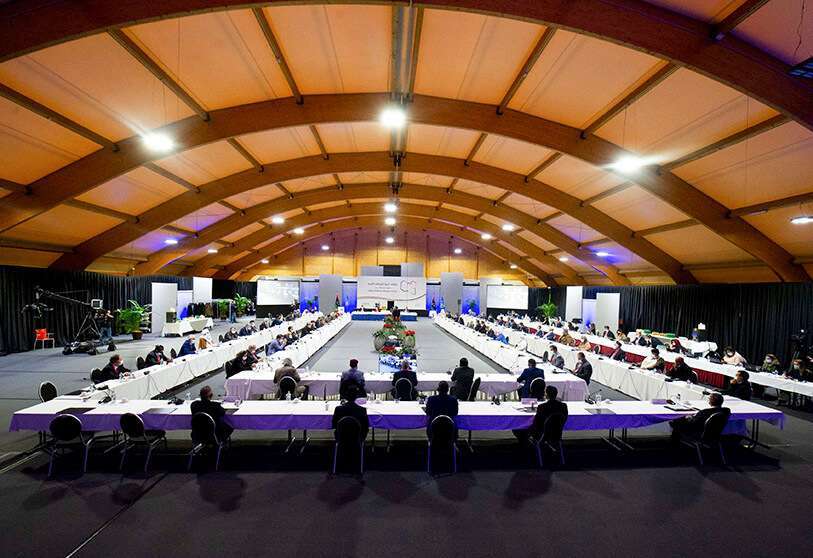Europe supports Libya in rebuilding a new future

The new Libyan transitional government elected last March and backed by the UN is beginning to make its first diplomatic moves to establish peace in a context marked by civil strife. The aim of this transitional government is to lead the country to new elections scheduled for December 24.
In his first steps to open new diplomatic channels, the Prime Minister of the government of National Unity (GNU), Abdel Hamid Dbeiba, welcomed the President of the European Council in an act of concord and support for the reconstruction of a future that is free of the crime and violence experienced during the war. According to a report published by the GNU, the European Union is ready to "provide all kinds of support to the new interim authority in Libya" in order to establish a climate of stability in the country and pave the way for elections to be held in December.

In this context, Dbeiba welcomed Europe's readiness to help the country rebuild a new horizon away from war and provide security. The EU has set itself the objective of finding a permanent solution to the Libyan conflict. He also stressed the need to strengthen ties with Europe in order to improve cooperation and partnership in areas where they share common interests, such as energy.
In terms of cooperation, the prime minister is expected to receive Greek Prime Minister Kyriakos Mitsotakis in the coming weeks to reopen the Greek embassy in Libya after more than six years of closure. Similarly, Italian and French ministers met last month with their counterparts in Libya to show their support for the new government.

In this way, Libya begins to create a path of open doors in relations with Europe to seek solutions and mark new routes to put an end to the delicate situation that Libya has experienced during the 6 years of war. Now, the established challenges are focused on establishing peace and stimulating the country's economy, which has been plunged into chaos as a result of criminal activities and organised crime having become the main economic drivers.
A new hopeful horizon is opening up in Libya after receiving international support from the European Union, which is showing itself to be a common voice for the new government, aiming to support the authorities in development, immigration control, security and setting up elections. With this movement, Libya and the international community are forging new relations focused on transforming Libya into a state of peace that leaves behind the complicated situation of conflict it has been living through, boosted by the actions and interventions of international powers together with the irruption of terrorism and criminal groups that have turned Libya into a fragile state that has claimed the lives of 10,000 people.








